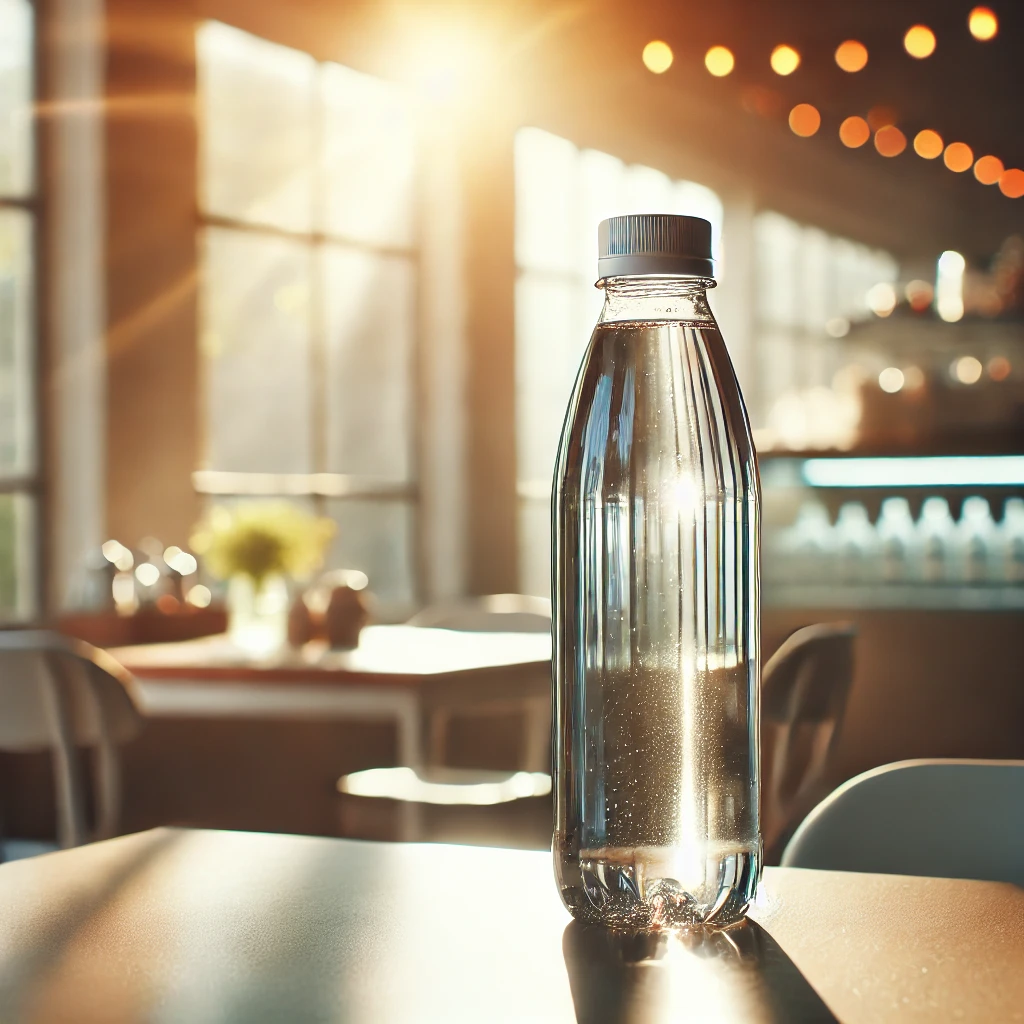Bottle:rnnjvycyetk= water
Bottle:rnnjvycyetk= water
Table of Contents
Introduction to Water Bottles
Bottle:rnnjvycyetk= water Water bottles have become an essential item in daily life, providing convenience for staying hydrated. Whether at work, during workouts, or on trips, a water bottle ensures you can easily carry water wherever you go. Bottle:rnnjvycyetk= water

2. Types of Water Bottles
Bottle:rnnjvycyetk= water Water bottles come in various materials, including plastic, stainless steel, and glass. Each material offers unique benefits, such as durability, portability, or being eco-friendly. Bottle:rnnjvycyetk= water
3. Benefits of Reusable Water Bottles
Bottle:rnnjvycyetk= water Reusable water bottles help reduce plastic waste and are a cost-effective solution. Instead of buying disposable bottles, you save money while contributing to environmental conservation. Bottle:rnnjvycyetk= water
4. Eco-Friendly Water Bottles
Bottle:rnnjvycyetk= water Eco-friendly water bottles are made from sustainable materials such as bamboo or recycled plastic. These bottles are designed to have a minimal impact on the environment. Bottle:rnnjvycyetk= water
5. Stainless Steel Water Bottles

Stainless steel bottles are popular for their durability and ability to maintain the temperature of beverages. They are perfect for both hot and cold drinks, keeping them at the right temperature for hours.
6. Glass Water Bottles
Glass water bottles are known for being non-toxic and free from chemicals like BPA. They are a safe option, especially for people who prefer a pure, unaltered taste of water.
7. Plastic Water Bottles: Pros and Cons
Plastic water bottles are lightweight and affordable, making them a common choice. However, some concerns about chemical leaching, especially with single-use plastic, have led people to opt for safer alternatives.
8. Collapsible Water Bottles
Collapsible water bottles are designed for convenience, especially when traveling. They can be folded or collapsed when empty, taking up minimal space in your bag or pocket.
9. Insulated Water Bottles
Insulated water bottles are designed to keep liquids at a stable temperature for extended periods. Whether you need ice-cold water or hot tea, these bottles are a great solution.
10. Smart Water Bottles
Smart water bottles come equipped with technology that tracks your water intake, reminds you to stay hydrated, and even connects with your smartphone. These bottles are ideal for those who want to monitor their hydration levels.
11. Customizable Water Bottles
Many companies offer customizable water bottles that can be personalized with names, logos, or designs. These bottles are a popular choice for corporate gifts or personal use.
12. Water Bottles for Athletes
Athletes rely on water bottles that are durable, easy to use, and can handle rough conditions. Squeeze bottles and those with built-in filters are popular among sports enthusiasts.
13. Water Bottles with Built-In Filters
Filtered water bottles are perfect for outdoor adventurers who need access to clean water. These bottles come with built-in filters that remove impurities from natural water sources.
14. Water Bottles for Kids
Children’s water bottles are designed with safety and ease of use in mind. Many come with fun designs, spill-proof lids, and are made from non-toxic materials to ensure kids stay hydrated.
15. The Role of Water Bottles in Promoting Hydration
Carrying a water bottle encourages regular hydration throughout the day. It serves as a constant reminder to drink water, especially during busy schedules when staying hydrated is often neglected.
16. Water Bottles as a Fashion Statement
In recent years, water bottles have also become fashion accessories. Many brands offer stylish designs that can match your outfit, making them a trendy item to carry around.
17. The Environmental Impact of Single-Use Plastic Bottles
Single-use plastic bottles contribute to massive environmental waste, leading to pollution in oceans and landfills. Switching to reusable bottles is a small but impactful step towards reducing plastic waste.
18. Water Bottles in the Workplace
Bringing a water bottle to work can help you stay focused and energized throughout the day. Many offices now encourage employees to use reusable water bottles to promote health and environmental awareness.
19. Cleaning and Maintenance of Water Bottles
Proper cleaning and maintenance of your water bottle are essential to prevent bacterial growth. Many bottles are dishwasher safe, while others require manual cleaning with brushes.
20. The Future of Water Bottles
The future of water bottles lies in innovation, with more companies focusing on smart, eco-friendly, and functional designs that cater to modern lifestyles.
21. Water Bottle Safety Concerns
Some water bottles, especially plastic ones, may pose health risks if they contain harmful chemicals like BPA. It’s important to choose bottles made from safe materials for long-term use.
22. Conclusion: Choosing the Right Water Bottle
When choosing the right water bottle, consider your needs—whether it’s durability, portability, or temperature control. A good water bottle not only keeps you hydrated but also aligns with your lifestyle and environmental values.













Post Comment